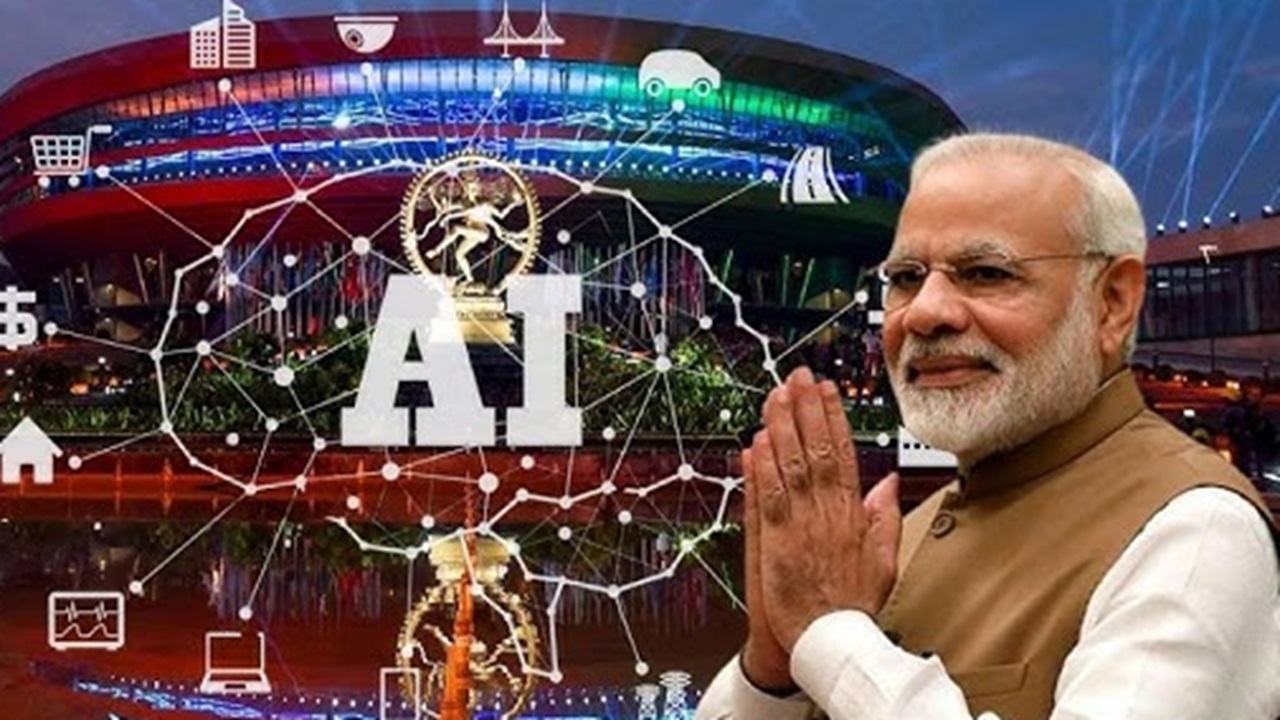In a recent exclusive interview with news agency ANI, Prime Minister Narendra Modi addressed a plethora of pressing issues, offering valuable insights into his government’s policies and the prevailing political dynamics across various states. From the contentious topic of reservation to the upcoming Lok Sabha Elections and regional concerns like the situation in West Bengal and Odisha, PM Modi’s remarks provided a comprehensive overview of the nation’s socio-political landscape. Let’s delve deeper into the prime minister’s standout quotes and the significant implications they carry.
1. Reservation Issue:
Prime Minister Modi’s remarks on the reservation issue highlighted the exploitation of marginalized communities for political gains. He emphasized how certain political factions manipulate the sentiments of SC, ST, OBC, and other backward-class citizens for vote bank politics, thereby violating the fundamental spirit of the Indian Constitution. PM Modi’s commitment to fighting for the rights of Dalits, Tribals, and OBCs underscores the government’s dedication to social justice and inclusive development.
2. West Bengal Elections and BJP’s Prospects:
With the West Bengal elections looming large, PM Modi expressed confidence in the BJP’s prospects in the state. He pointed out the desperation of the ruling TMC, which is resorting to unjust measures like incarcerating BJP workers to thwart the BJP’s growing influence. PM Modi’s optimism about the BJP’s success in West Bengal reflects the party’s burgeoning popularity and the disillusionment of the electorate with the current regime.
3. Calcutta High Court’s OBC Certificates Decision:
The recent ruling by the Calcutta High Court nullifying OBC certificates issued in West Bengal after 2010 prompted PM Modi to denounce the politicization of caste-based reservations. He criticized the abuse of judicial processes for vote bank politics, emphasizing the need to uphold constitutional values and ensure equitable opportunities for all sections of society.
4. Response to Arvind Kejriwal’s Allegations:
PM Modi’s response to Arvind Kejriwal’s allegations showcased his unwavering commitment to the rule of law and constitutional principles. By urging critics to acquaint themselves with the country’s laws, PM Modi reiterated his government’s adherence to legal norms and due process, thereby dismissing accusations of undue influence over judicial decisions.
5. Handling Personal Attacks During Election Campaigns:
Reflecting on enduring relentless personal attacks throughout his political career, PM Modi displayed resilience against opposition tactics. His remarks underscored the need for substantive political discourse over personal attacks, highlighting the hypocrisy of opposition parties that resort to abuse as a substitute for constructive engagement.
6. Allegations of Misusing Investigative Agencies:
PM Modi refuted allegations of misusing investigative agencies to suppress political dissent, citing significant recoveries made by such agencies in combating corruption. His emphasis on the government’s zero-tolerance policy towards corruption reaffirmed his commitment to upholding transparency and accountability in governance.
7. High Voter Turnout in Kashmir:
Commending the record-breaking voter turnout in Kashmir, PM Modi attributed it to the people’s dedication to democratic principles. He criticized NGOs for obstructing government initiatives aimed at addressing regional challenges, underscoring the importance of prioritizing national interests over narrow agendas.
8. Removal of Article 370 and its Impact:
PM Modi justified the decision to revoke Article 370, citing increased unity and development in the region post-revocation. By linking the removal of Article 370 to enhanced national integration and economic growth opportunities in Kashmir, PM Modi underscored his government’s commitment to bolstering India’s territorial integrity and prosperity.
9. Outlook on Odisha Assembly Elections:
Predicting a shift in Odisha’s political landscape, PM Modi expressed optimism about the BJP’s electoral prospects in the state. His critique of the incumbent government’s failure to harness Odisha’s abundant resources highlighted the imperative of prioritizing development and governance in the state’s agenda.
10. Relations with Odisha CM Naveen Patnaik:
PM Modi’s emphasis on maintaining amicable relations with political adversaries while prioritizing the welfare of Odisha reflected his statesmanship and commitment to inclusive governance. By transcending political differences for the collective benefit of the state and its citizens, PM Modi exemplified the essence of democratic leadership.
11. Allegations Regarding Wealth Creators:
Dismissing allegations of targeting wealth creators, PM Modi called for evidence-based discussions to address such claims. His emphasis on accountability and evidence-based policymaking underscored the government’s commitment to fostering a conducive environment for economic growth and entrepreneurship.
Prime Minister Narendra Modi’s interview provided valuable insights into his government’s policies and the prevailing political dynamics across various states. His remarks underscored the BJP’s commitment to governance, development, and upholding democratic principles. As the nation prepares for crucial elections, PM Modi’s words serve as a guiding light for both policymakers and citizens alike, reaffirming the government’s resolve to steer India towards prosperity and inclusive growth.
(With inputs from agencies)








